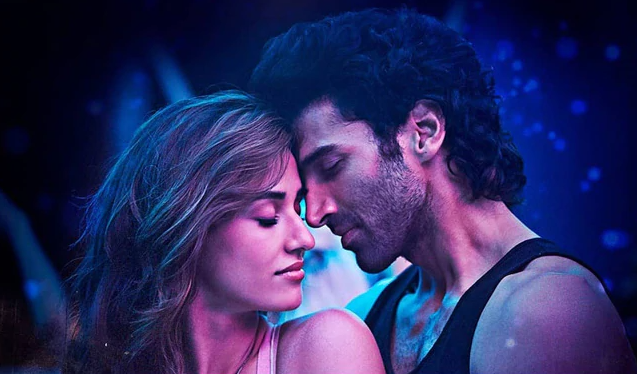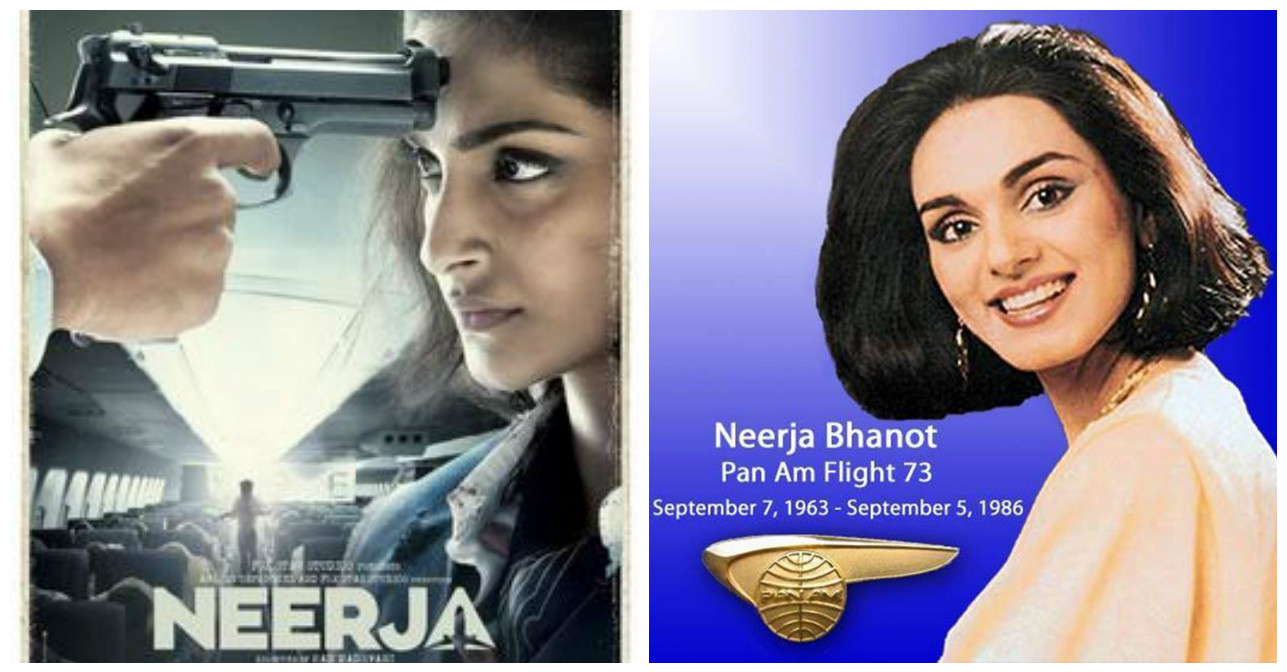KANTARA
KANTARA : MOVIE REVIEW
2 STARS / 5 (AVERAGE)
DIRECTOR AND PLAGIARIZER : RISHAB SHETTY
KANNADA (ENGLISH SUBTITLES AVAILABLE), 2022
KARNATAKA KRUDE : ANOTHER SECOND-RATE ‘MASS’ FLICK KILLS THE BOX OFFICE
The hoopla amongst the usual suspects is perhaps the first warning that all that gleams and gloats is not gold. Droves of youngsters pour out of the theaters heaping praise on ‘Kantara’ – ‘Mind-blowing’, ‘Electrifying’, ‘1000 watts’ ! – the sheer number of viewers in intimate communion with a naked electric wire stuns the imagination! This rough flick set in South Karnataka, sporting demi-gods who possess festival performers, a mostly jobless hero who is the town darling for his thuggish bravado, and two baddies to round out the crude village show, has surprise, surprise ! taken the brainless by storm, minting Rs.300 crore in its third week with more riches and hurrahs to come.
The local flavour, earthy milieu and story set with native folk elements seem to have bowled over the hoi polloi, never mind the story-telling sensibility of a 11 year-old, the same thousand-year-old yarn of a villainous feudal landlord, half-baked direction, brutish dramatics and sub-par cinematography. India’s usual film critics seem to have disappeared from the publications for this film, replaced by a fawning new crop. The lack of honesty in the press and the takeover of paid promotions plumbs a new nadir as another useless year drags by in the peri-pandemic era.
The film would have been a total sorry wash-out were it not for an inspired finale, but just a good ending is not enough to justify the juvenile procession that comes before.
Youtube comments section for the pic are filled with ‘I am a Maharashtrian…I am Telugu… I am so proud of my Indian culture that is displayed here”.Point taken – it is always a good thing to be proud of our culture, but do not forget that Indian culture also involves integrity, honesty and ethics which unfortunately have taken a beating in recent times. Kantara’s ‘folk-rock’ theme song – Varaha Roopam – is a copy of the song ‘Navarasam’ (2015) from the band ‘Thaikkudam Bridge’ which has reported plagiarism and sought legal action against the makers of ‘Kantara’ (more plagiarism – both songs feature visuals of Indian folk-dance and performers with painted faces).
Many artistes in the world will acknowledge that sometimes they may get inspiration for entire works of art from just a segment of another’s artists work – this is fine as long as you take permission from that artist or agency to re-create what you have in mind. Sensible people know that is the bedrock of ethics. Rishab Shetty apparently disagrees. From what I can see, he got clearly inspired by the Navarasam song (2015), from the actual music which has been shamelessly copied, to the larger visual concept of the painted-face folk dance performers (Kathakali in the original Vs Bhoota Kola in ‘Kantara’), but there has been neither honesty nor decency to ask for copyright permission from the original artists. If there were actual justice in this thankless world of ours, the demi-gods from Kantara’s legend would strike at the film’s makers first.
There is no sense of composure in the film, right from the get-go. We are pushed into pell-mell mediocre visuals of a 19th century king in South Karnataka, who has everything except peace of mind. He strikes a deal with a demi-god in the forest to get happiness and peace of mind, in exchange for transferring ownership of land to the local populace. Fast forward to current times, where any royal or aristocratic descendant unfair enough to demand the land back, becomes the victim of the demi-god’s deadly curse.
Which brings us to the three main players in the present. There’s Shiva (Rishab Shetty) – the film’s hero whose chief claim to fame is being a buffalo-racing champion. During the rest of the year, he loafs around but is held in high esteem around the village because of his honest nature and as his father was a grand performer of ‘Bhoota Kola’ (an animistic ritual dance with highly bedecked performers sometimes entering states of supernatural hysteria). Deputy Range Forest Officer – Muralidhar (Kishor) – enters the fray as a whip-cracking official determined to fence off the jungles around the village as a protected ‘reserve forest’. He does not mind running rough-shod over all the villagers and severely antagonizing them in his ruthless bid to enforce governmental cordoning off of the forest – which sets him on a collision course with Shiva.
And playing the magnanimous peace-keeper is the wealthy land-owner Devendra Suttooru (Achyuth Kumar, mostly wasted in another role which freely uses his levity but does not push him to more complex thespian heights).
The film’s biggest weakness is lead actor, writer and director Rishab Shetty’s rough, immature direction. If you’ve seen a leering, simplistic early adolescent with a Neanderthal sense of sophistication and humour, then that sensibility pretty much describes the proceedings here, with poorly written rural characters stumbling through facile dialogues. The story is also second-rate, with primordial face-offs and skirmishes, lacking the intelligence to have a genuine layer of nuance. Opportunities for aesthetics were ripe with the optics and density of the surrounding forest, but is frittered away with imprecise cinematography that lacks vision, a directorial eye that is too rushed and scatter-shot, and music which does not rise above stolen songs.
Except for the finale, there is very little that is truly novel in the brutish and retrograde ‘Kantara’. As things stand now amongst the Indian audience both in India and amongst the diaspora, in this third year of the pandemic, people especially the starved youngsters have developed a monstrous appetite for stories set in the local rustic milieu, with a strong nativist ‘mass’ hero who can mow down armies of villains, avenging injustice, the coronavirus, wish fulfillment and what not. This film adds the very well received legend of the ‘Bhoota Kola’ as a differentiator – where a heavily bedecked performer with a grandly painted face struts supreme, with blood-curdling yells and a brief possessed phase where a demi-god speaks and acts from the depths. The finale is a triumph of imagination no doubt, with Rishab Shetty’s only memorable acting spell coming on at that profoundly febrile juncture. That psychedelic fever then slowly breaks, but the epic disease of mediocrity lingers.
UPNWORLD welcomes your comments.










0 COMMENTS
WRITE COMMENT